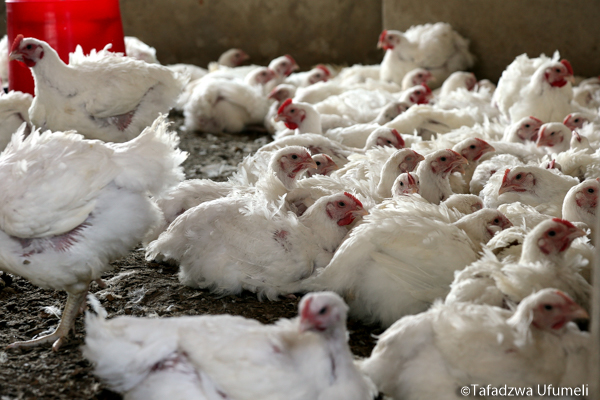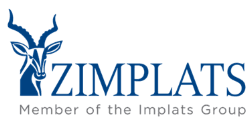
BY MTHANDAZO NYONI
POULTRY feeds production increased by 44% to 111 231 tonnes in the first quarter of the year, but the cost of raw materials continues to surge, an official has said.
In an industry update, Zimbabwe Poultry Association chairperson Solomon Zawe said poultry feeds continued to dominate the stockfeed industry in the first quarter of 2019, accounting for 67% of all feeds produced.
He said production averaged 37,077mt per month, representing an increase of 44% over the same period in 2018.
Notably, Zawe said the production of layer feeds was 96% and 20% higher than during the first and fourth quarters of 2018, respectively.
“The price of raws procured in the first quarter of 2019 continued to surge and many products had increased by more than 30%, compared to prices in the fourth quarter, particularly all proteins (soya, sunflower, cotton, fish meal), wheat bran, methionine and lysine,” he said.
In contrast, Zawe said the average prices of poultry feeds in the first quarter increased by 16%, compared to fourth quarter prices.
“The notable exception was the price of layer rearing feed which increased by 43%, reflecting the increased demand from point-of-lay producers. Average weighted broiler and layer feed prices in the first quarter of 2019 were $1 155 and $900/mt, respectively, being 15% and 20% higher than prices in the fourth quarter,” he said.
- Chamisa under fire over US$120K donation
- Mavhunga puts DeMbare into Chibuku quarterfinals
- Pension funds bet on Cabora Bassa oilfields
- Councils defy govt fire tender directive
Keep Reading
As a consequence of reduced maize stock levels, Zawe said the Grain Marketing Board had stopped selling subsidised maize to poultry producers for on-farm mixing. The parastatal also removed subsidies on the maize procured by feed manufacturers.
“Due to the drought, the country will have to depend on expensive imported soyabean meal and maize for the rest of the year. All these factors will translate into increased costs of poultry production. On the other hand, wages have not yet adjusted at the same rate,” he said.
Zawe said statistics showed limited importation of poultry products, although reports of suspected illicit imported chicken offal have been filed by industry participants.
“However, going forward, there is likely to be an upsurge in both legal and illicit imports of cheap poultry products as the increased costs of production and reduced purchasing power of consumers impact the local industry.”











